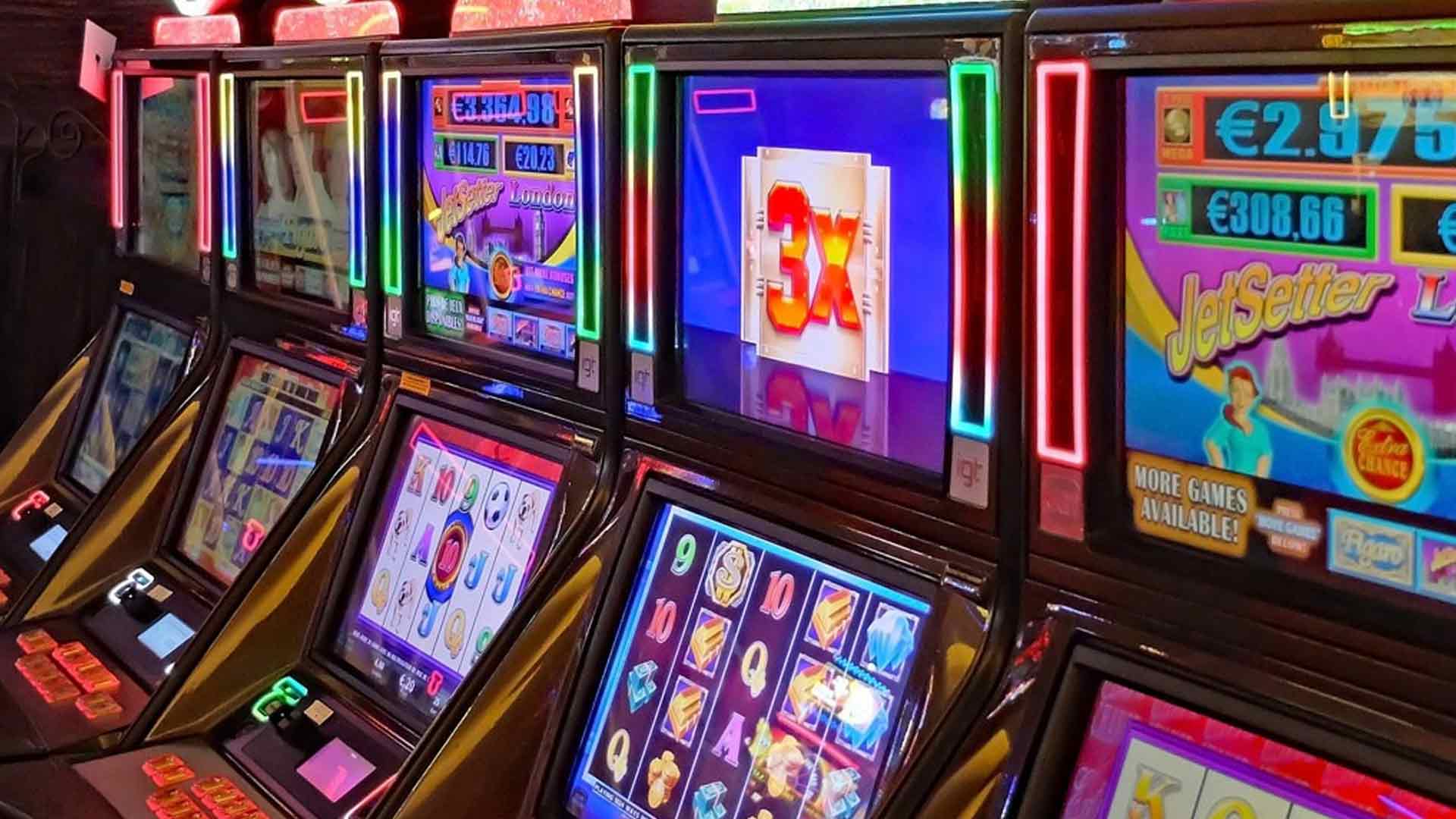Risk-Taking and Human Behavior

Risk-Taking and Human Behavior
From the moment we learn to walk, life is a series of risks. That first wobbly step, the decision to speak to a stranger, investing in a new business venture, or even crossing a busy street—these are all acts that involve a degree of uncertainty and potential for loss. Risk-taking is a fundamental aspect of human behavior, a complex and often contradictory force that has propelled our species forward while also leading to individual and collective ruin. Understanding why we take risks requires a deep dive into our biology, psychology, and the social environments that shape our choices.
At its core, the drive to take risks is embedded in our neurobiology. The brain's reward system, primarily driven by the neurotransmitter dopamine, plays a crucial role. When we contemplate or engage in a risky activity that could lead to a positive outcome, our brain releases dopamine, creating a sensation of pleasure and anticipation. This "dopamine rush" is a powerful motivator, encouraging us to seek out novel and stimulating experiences. It’s the same mechanism that rewards us for essential survival activities like eating and procreating. Evolutionarily, our ancestors who were willing to risk exploring new territories for food or challenging rivals for mates were more likely to survive and pass on their genes. In a sense, a cautious aversion to all risk would have been a dead end for human progress.
However, biology is only part of the story. The psychology of risk perception is highly subjective and often irrational. Our decision-making process is riddled with cognitive biases that color how we evaluate potential dangers and rewards. For instance, the "optimism bias" leads many people to believe that they are less likely to experience a negative event than others. This is why a smoker might acknowledge the health risks of tobacco but feel personally immune to them. Similarly, the "availability heuristic" causes us to overestimate the likelihood of events that are more recent or vivid in our memory, such as fearing a plane crash after seeing news coverage, even though driving a car is statistically far more dangerous. These mental shortcuts mean that our assessment of risk is rarely based on pure logic and probability.
Social and environmental factors also exert immense pressure on our risk-taking tendencies. Peer influence is particularly potent, especially during adolescence when the brain's prefrontal cortex—responsible for impulse control and long-term planning—is still developing. The desire for social acceptance can lead individuals to engage in risky behaviors they would otherwise avoid. Furthermore, cultural norms shape what is considered an acceptable or even desirable risk. An entrepreneurial culture might celebrate financial risk-taking, while a more traditional one might prioritize stability and caution. The context of the risk also matters. This can be seen in various competitive arenas, from financial markets to the world of sport m88, where calculated risks are part of the game and a key component of success.
It is essential to distinguish between calculated risk and reckless behavior. A calculated risk involves careful consideration of the potential outcomes, weighing the pros and cons, and developing a strategy to mitigate potential downsides. This is the kind of risk that drives innovation, personal growth, and success. An entrepreneur launching a startup after extensive market research is taking a calculated risk. In contrast, reckless behavior is impulsive and ignores or heavily discounts the potential negative consequences. It is often driven by immediate emotional gratification rather than long-term goals. Understanding this distinction is key to harnessing the power of risk for positive change. By recognizing the biological urges, psychological biases, and social pressures that influence us, we can move from being passive subjects of our impulses to active architects of our decisions, enabling us to navigate the inherent uncertainties of life with greater wisdom and purpose.